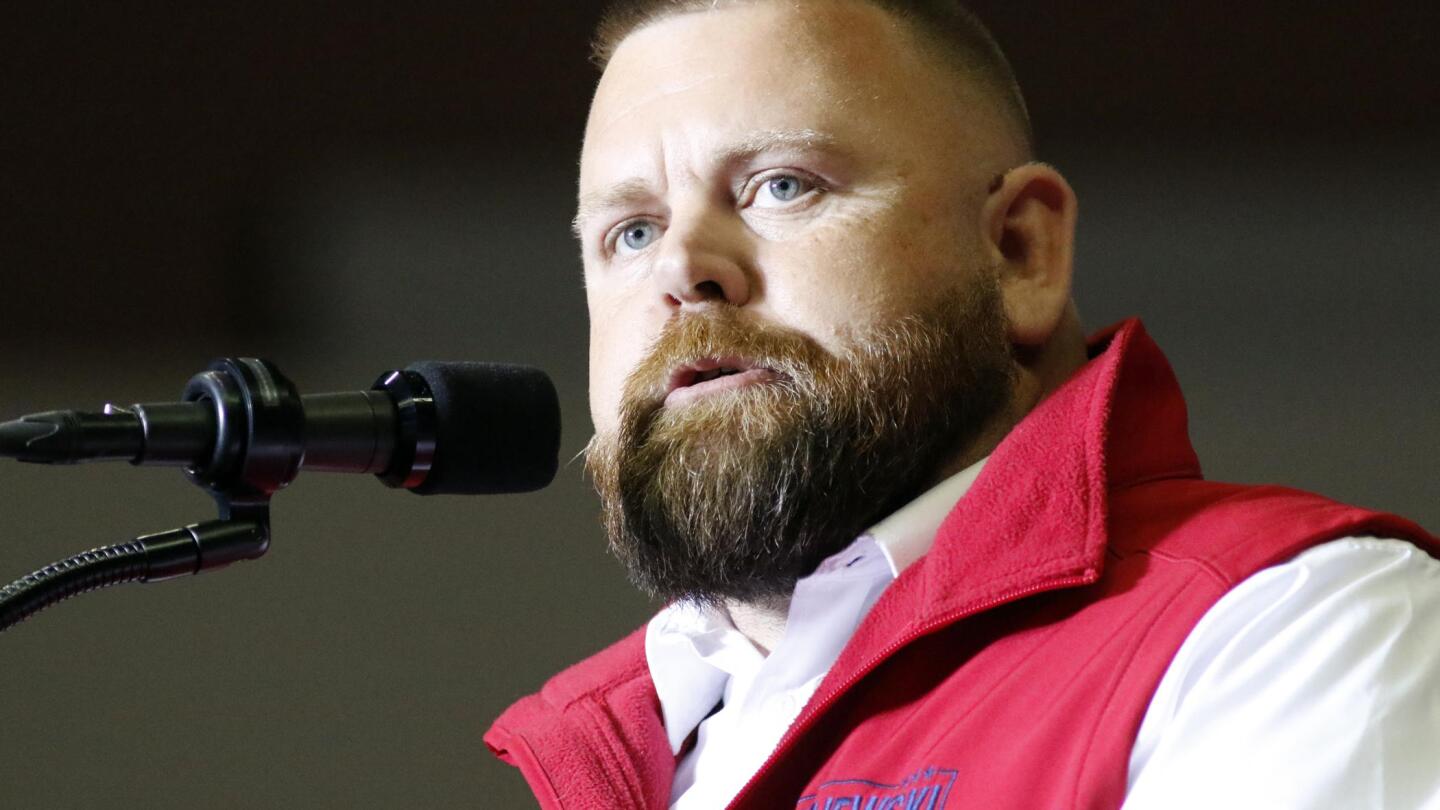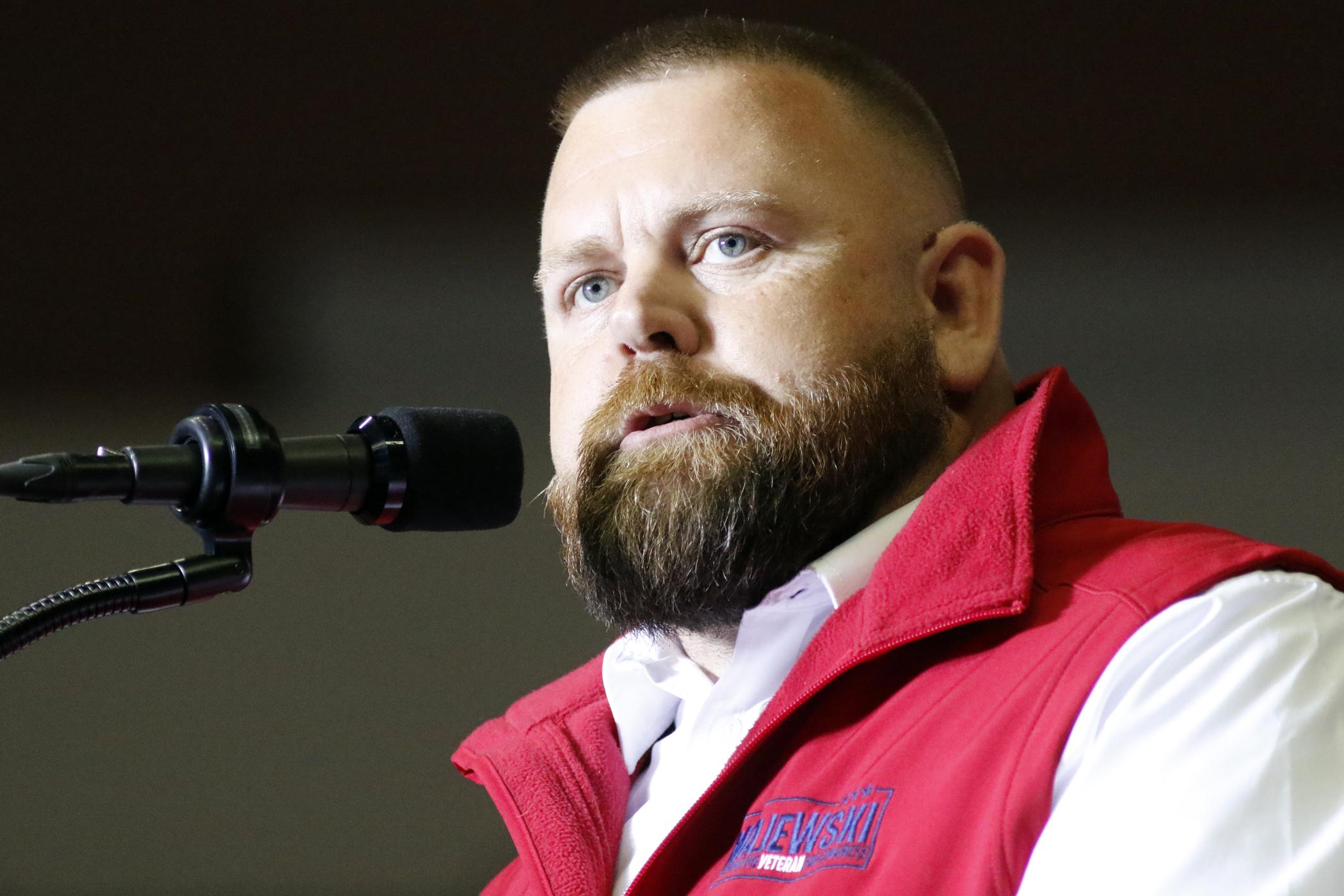lpetrich
Contributor
That ought to be dangerous for a libertarian, because military and police forces are coercive.After co-founding PayPal and becoming Facebook’s first major outside investor, in 2004 Thiel started the surveillance company Palantir with Joe Lonsdale, whose future wife was also in the co-op with Masters. Thiel and Lonsdale set out to win federal contracts to help defense and immigration agencies mine massive government databases in the name of protecting national security. Thiel later wrote an essay suggesting that he saw a strongman leader as the way to survive a post-9/11 world.
It was in another essay, in 2009, “The Education of a Libertarian,” that Thiel declared he no longer believed that democracy and freedom were compatible. “Since 1920,” he argued, “the vast increase in welfare beneficiaries and the extension of the franchise to women—two constituencies that are notoriously tough for libertarians—have rendered the notion of ‘capitalist democracy’ into an oxymoron.” (Thiel, known for playing things close to the vest, would later say about that essay, “Writing is always such a dangerous thing.”) Thiel stressed that he still considered himself a libertarian because he opposed “confiscatory taxes, totalitarian collectives, and the ideology of the inevitability of the death of every individual.”
PT likes the book "The Sovereign Individual" - "Its main argument is that a new cosmopolitan elite will destroy countries’ ability to redistribute money by fleeing to whichever tiny jurisdictions offer them the best investment terms." - only if those countries don't send military forces after them, as Tonga did with the Republic of Minerva.
Like the capitalist heroes who fled to Galt's Gulch in Ayn Rand's novel "Atlas Shrugged".These Sovereign Individuals will get to “interact on terms that echo the relation among the gods in Greek myth.” The “losers,” meanwhile, will be stuck in crumbling nations until they realize they “suffer for being saddled with mass democracy” and embrace privatized government.


